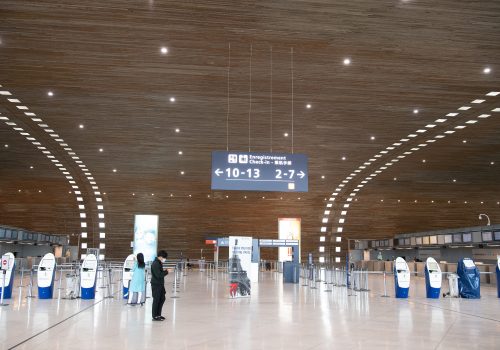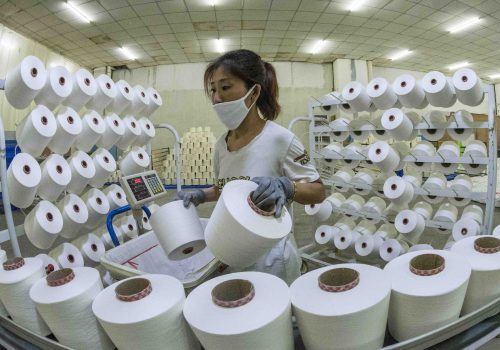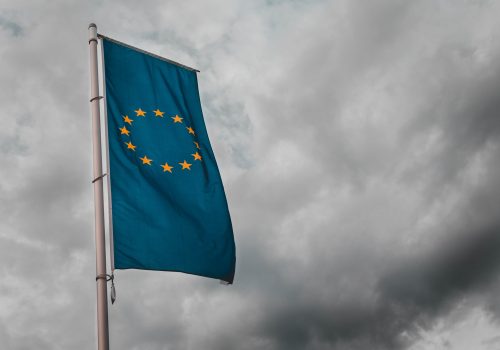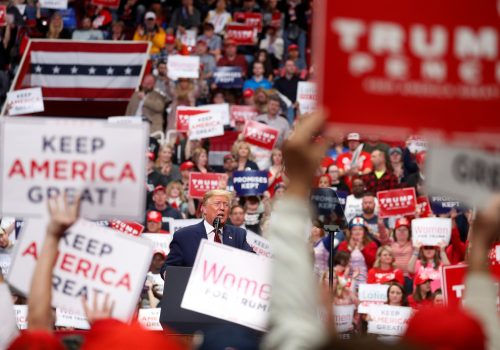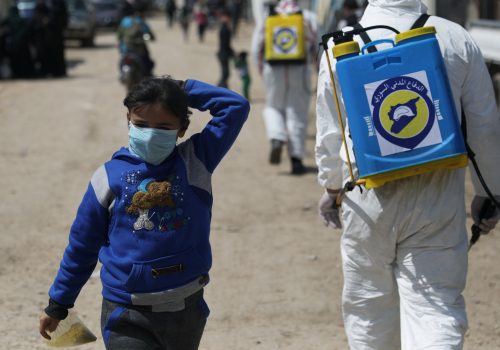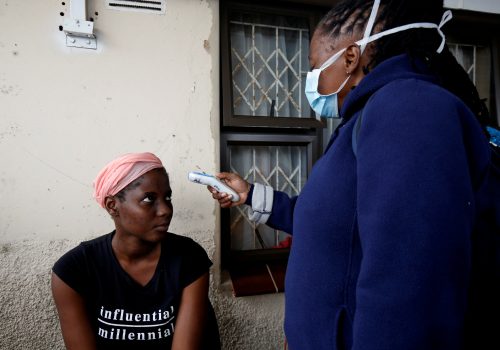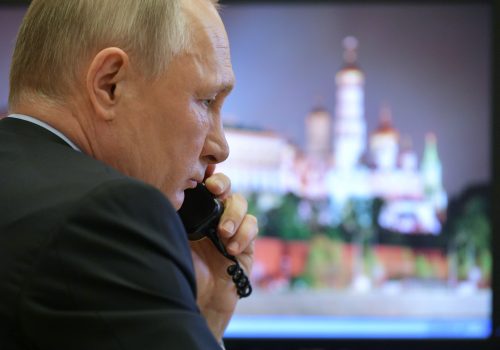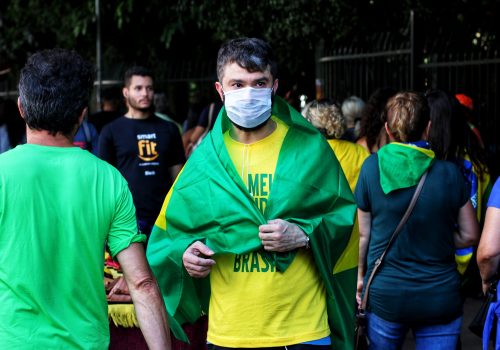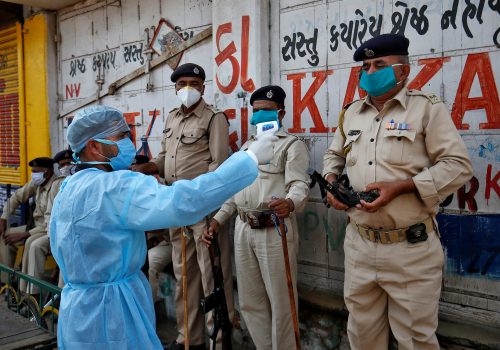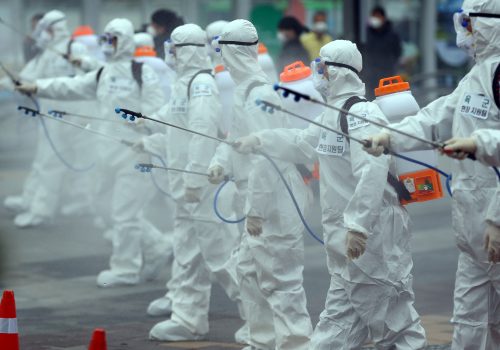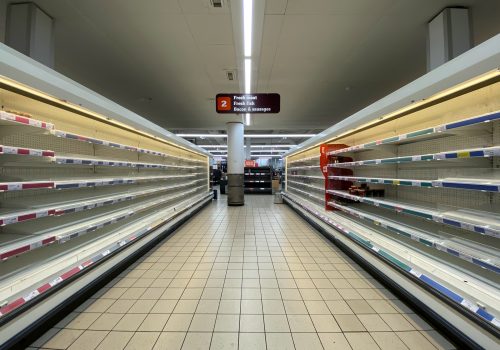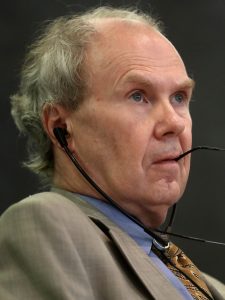India and South Asia: potential humanitarian disaster
In late May, Indian Prime Minister Narendra Modi pivoted from lockdown to reopening despite the continuing rise in cases of COVID-19, more than 140,000. Admitting that the virus will be part of Indian life, Modi called for Indians to get back to work. The government worries about the collapse of the economy and strained public finances.1Amy Kazmin, “India’s Draconian Lockdown Gives Way to a Sudden Easing,” Financial Times, May 25, 2020, https://www.ft.com/content/f86d3fda-9e72-11ea-b65d-489c67b0d85d.
The full text of the paper is split across the various articles linked below. Readers can browse in any order. To download a PDF version, use the button below.
Goldman Sachs has forecasted India’s GDP “will contract 45 per cent quarter-on-quarter from April to June.”2Ibid. The lockdown in India in late March caused widespread confusion, interrupting the flow of essential supplies such as food and causing a migrant crisis.3Soutik Biswas, “Will Coronavirus Lockdown Cause Food Shortages in India?” BBC, April 7, 2020, https://www.bbc.com/news/world-asia-india-52176564. India, which is the world’s largest producer of generic drugs, had banned in early March the export of the antimalarial drug hydroxychloroquine, which has been touted by some, including Trump, as being able to treat COVID-19. India later lifted the ban after apparent pressure from Trump.4Hannah Ellis-Petersen, “India Releases Hydroxychloroquine Stocks Amid Pressure from Trump,” Guardian, April 7, 2020, https://www.theguardian.com/ world/2020/apr/07/india-releases-hydroxychloroquine-stocks-amid-pressure-from-trump.
There is, however, continuing controversy over the claims about hydroxychloroquine with Trump admitting in May that he was taking the drug. While some French tests have suggested chloroquine could be helpful, other small trials from China indicate that the drug has little impact. As of late May, France had banned the use of hydroxycholoroquine to treat COVID-19 patients. Some US medical experts believe it has worsened the condition of patients. The WHO is undertaking further investigations.
In Pakistan, the civilian government has played down the threat of the virus. Over Ramadan, the number of COVID-19 cases quadrupled and there were more than 48,000 cases increasing by 30 percent in one week in mid-May.5Susannah George, “Pakistan’s Coronavirus Caes Quadruple During the Holy Month of Ramadan—And Show No Signs of Slowing,” Washington Post, May 21, 2020, https://www.washingtonpost.com/world/asia_pacific/pakistans-coronavirus-cases-quadruple-during-the-holy-month-of-ramadan–and-show-no-signs-of-slowing/2020/05/21/80e17cde-9aac-11ea-b60c-3be060a4f8e1_story.html.
Religious authorities want to do away with any restrictions on gatherings while Pakistani Prime Minister Imran Khan, like Modi, worries about economic costs of any form of continued lockdown. The military had tried to enforce a lockdown in late March, but many of the restrictions had begun to ease by early May. Pakistan’s public health system is extremely ill-equipped to handle any crisis—it only has, for example, 600 ICU beds for Karachi’s population of 20 million.
See where US leadership is most vulnerable
Related content
About the authors
Image: A paramedic uses an infrared thermometer to measure the temperature of a police officer alongside a road during a 21-day nationwide lockdown to slow the spreading of coronavirus disease (COVID-19) in Ahmedabad, India, April 9, 2020. REUTERS/Amit Dave
